News
-
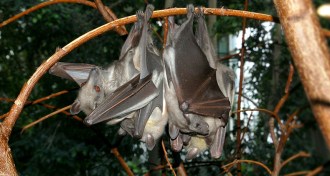 Life
LifeAnimal source of Ebola outbreak eludes scientists
Researchers are trying to determine whether bats or bush meat transmitted the Ebola virus to people in West Africa.
-
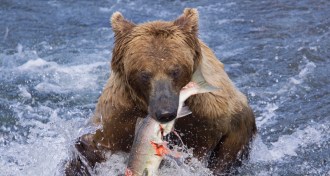 Life
LifeGrizzly bears master healthy obesity
Tuned insulin signals explain how grizzly bears can fatten up for hibernation in the winter without developing diabetes.
By Meghan Rosen -
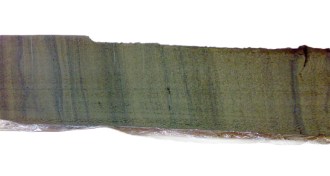 Oceans
OceansWorld’s largest ocean dead zone may shrink as Earth warms
North Pacific dead zone may grow smaller, not expand, as climate change weakens Pacific Ocean trade winds.
-
 Psychology
PsychologyBilingual homes may give babies a learning lift
Hearing two languages during the first six months of life linked to an early mental advantage.
By Bruce Bower -
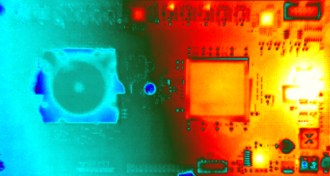 Computing
ComputingBrain-inspired computer chip mimics 1 million neurons
By processing data in parallel, computer chips modeled after the human brain could perform certain tasks, such as pattern recognition, faster and more energy-efficiently than traditional computers.
By Andrew Grant -
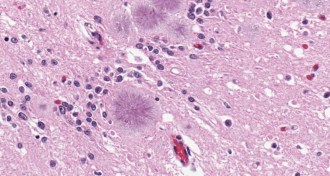 Health & Medicine
Health & MedicineNew tests screen for lethal prion disease
Urine and nasal swabs can detect small amounts of the abnormal prions that cause Creutzfeldt-Jakob disease.
By Nsikan Akpan -
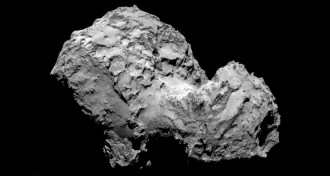 Planetary Science
Planetary ScienceRosetta spacecraft confabs with a comet
After a 10-year chase, ESA’s Rosetta spacecraft has met up with comet 67P/Churyumov–Gerasimenko.
-
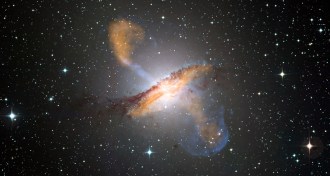 Astronomy
AstronomySingle black hole may be masquerading as a pair
New observations of a recently discovered binary black hole reveal that astronomers may have been seeing double.
-
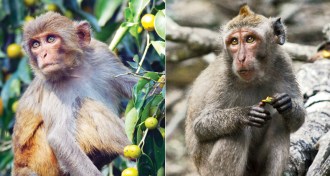 Life
LifeAirborne transmission of Ebola unlikely, monkey study shows
No evidence found of macaque monkeys passing deadly virus to each other.
-
 Genetics
GeneticsDebate rages over mouse studies’ relevance to humans
Last year, researchers said rodents are not good mimics of human inflammation; a new study says the reverse.
-
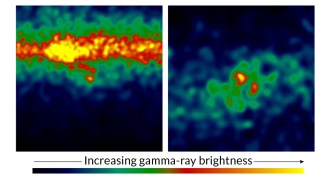 Astronomy
AstronomyGamma rays streaming from stellar explosions stump astronomers
The Fermi satellite detected gamma rays coming from an unexpected source — and astronomers don’t understand what made that possible.
-
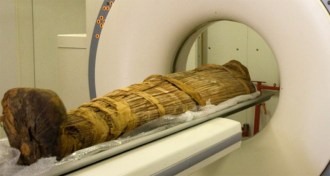 Health & Medicine
Health & MedicineMummies reveal hardened arteries
Mummy studies suggest heart disease is an ancient malady, not just the product of modern diets and sedentary lifestyles.